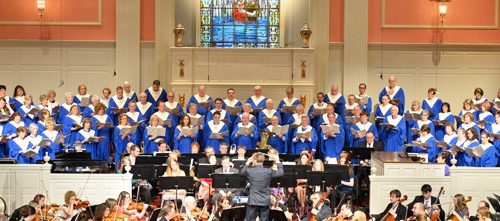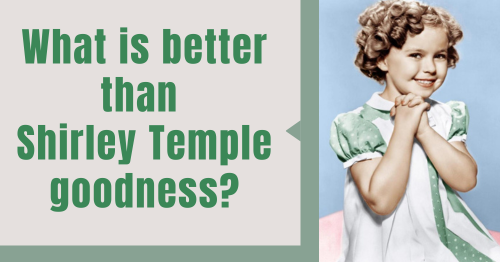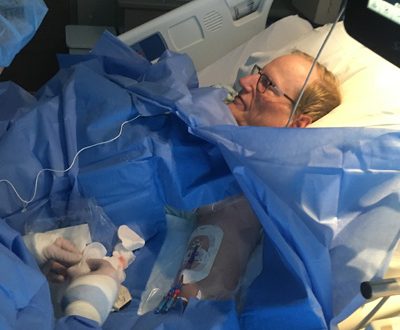You Need to Know about This Resource
The first time I met Catherine Larson, we were sitting in the back seat of a van full of journalists. We discovered almost instantly that we both had a heart for Rwanda. The husband of one of my students had lost six family members in the genocide, and Larson had landed her job at Prison Fellowship writing a story about the war-torn country.
When I saw Larson a year later, her friend had released the documentary, As We Forgive, which focuses on reconciliation following Rwanda’s events. That movie inspired Larson to work on a book by the same title in which she desired to include stories of reconciliation from Rwanda.
Zondervan released that book in February, and it’s a wonderful resource.
In her book Larson explores some hard questions: If you were told that a murderer was to be released into your neighborhood, how would you feel? What if it weren’t only one, but thousands? Can a country known for its radical brutality become a country known for an even more radical forgiveness?
These questions are not hypothetical. More than a decade after the 1994 genocide, the Rwandan government released tens of thousands of murderers back into the communities they ravaged. Survivors and perpetrators have had to learn to live again as neighbors. As We Forgive explores the pain, the mystery, and the hope through seven compelling stories as victims, orphans, widows, and perpetrators journey toward reconciliation.
Could there be a common roadmap to reconciliation? Could there be a shared future after unthinkable evil? If forgiveness is possible after the slaughter of nearly a million in a hundred days in Rwanda, then today, more than ever, we owe it to humanity to explore how one country is addressing perceptual, social-psychological, and spiritual dimensions to achieve a more lasting peace. If forgiveness is possible after genocide, perhaps there is hope for the comparably smaller rifts that plague our relationships, our communities, and our nation.
World magazine reported, “Catherine Claire Larson traveled to Rwanda to learn about the forgiveness journeys of both victims and perpetrators of the 1994 genocide. She tells the victims’ brutal stories of murder, rape, and betrayal, and also tells the murderers’ stories of joining the killing madness and (in some cases) becoming weighed down by guilt and shame. Larson describes face-to-face meetings between the guilty and the innocent, and how repentance, forgiveness, and reconciliation occurred. She sensitively conveys her subjects’ stories and pulls from them lessons about forgiveness that all of us must learn.”
Readers find in Larson’s reporting how suffering, memory, and identity set up roadblocks to forgiveness, while mediation, truth-telling, restitution, and interdependence create bridges to healing. As We Forgive explores the pain, the mystery, and the hope through seven compelling narratives of those who have made a difficult journey toward reconciliation. The result is a text that breathes with humanity and is as haunting as it is hopeful.
For more information, check out the book’s web site: www.asweforgivebook.com 



2 Comments
Gaye
Rwanda, forgiveness and reconciliation
What a marvelous article on this topic. Bless Miss Larson’s efforts to explore this very difficult and timely article. This gives all of us hope that one day that may come to fruition even in our own country. Only by the grace of God can one forgive another who took the life of one you loved so dearly. What a powerful lesson on how God forgives us as well for our sin. Thanks for such a profound and challenging topic.
Sue Bohlin
Not a distant vagueness
Thank you for highlighting Catherine Larson’s work, Sandi. In the past few weeks, the lingering horrors of what happened in Rwanda have become much more important to Ray and me. In a few months we’ll be going with a team from our church to neighboring Burundi, where the same kinds of horrors happened and the same reconciliation is needed.
I have a feeling my understanding of the doctrine of total depravity is about to be deepened. . . and I anticipate being deeply disturbed.